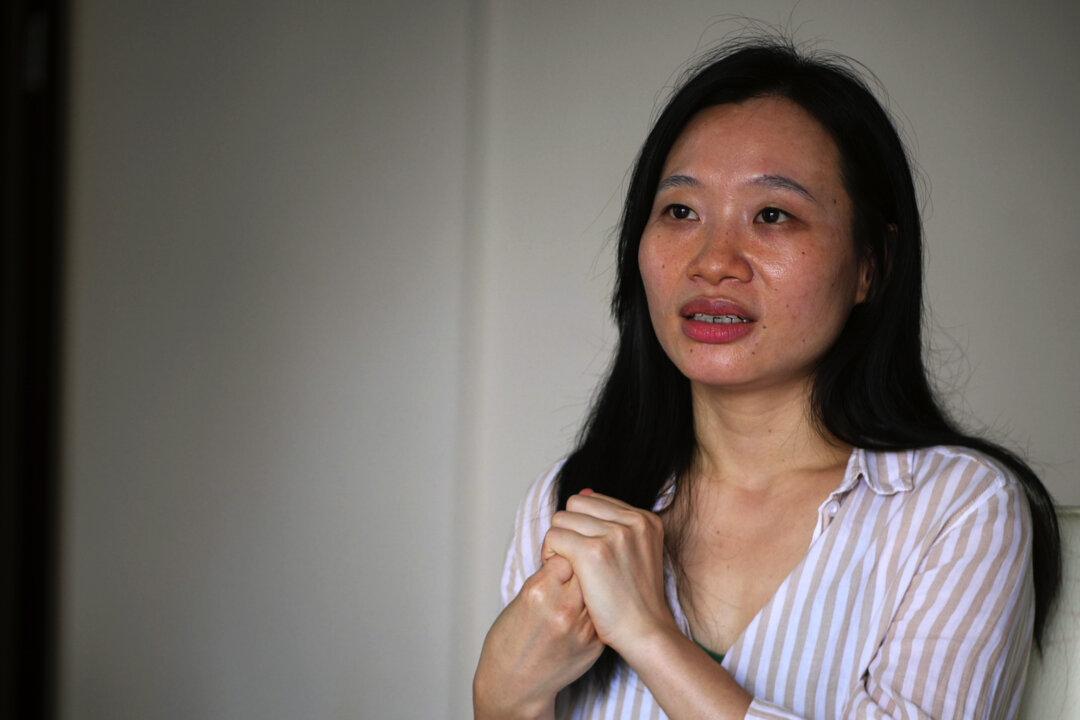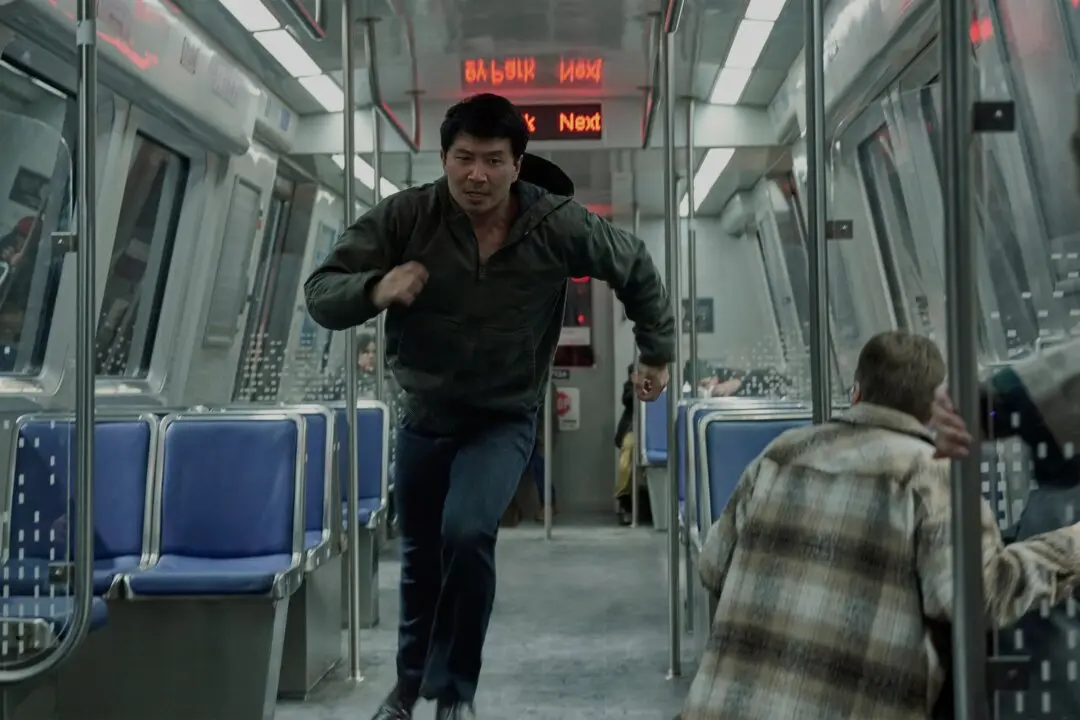NR | 1h 37m | Documentary | 2023
In China, the question isn’t whether “Big Brother” is watching. It is: What is the Chinese Communist Party (CCP) going to do about what it sees? Yes, you will find public security cameras in every major city around the world. What sets apart the surveillance systems in mainland China isn’t the omnipresence of its monitoring, but the degree to which surveillance has been integrated into a truly dystopian program of social control.





